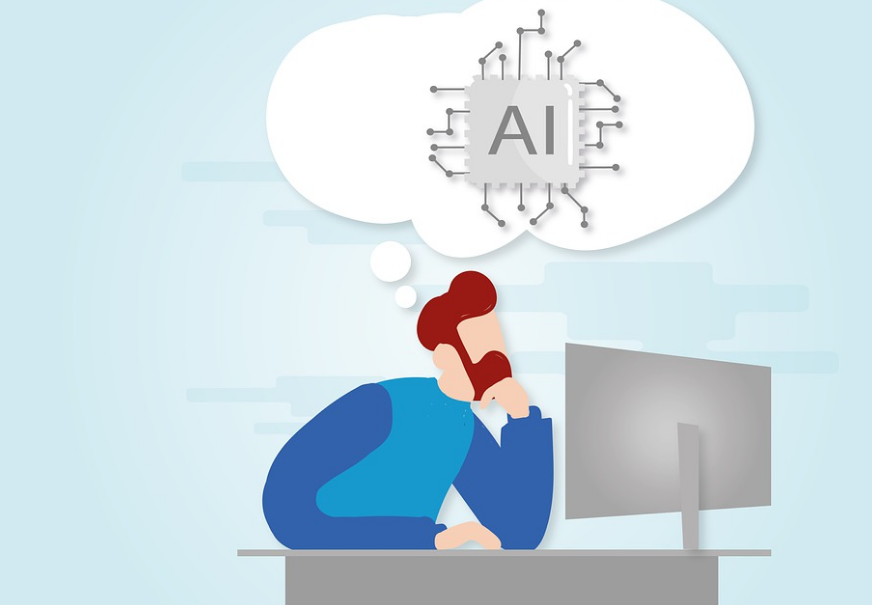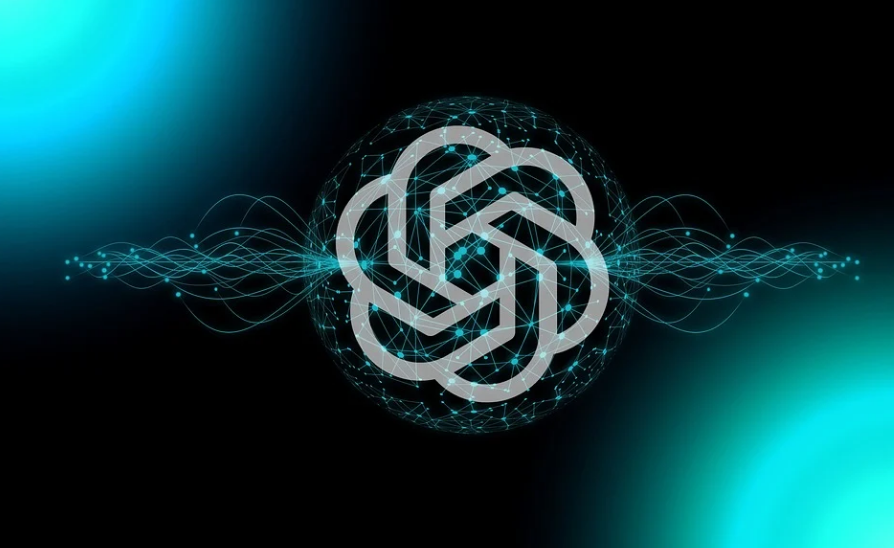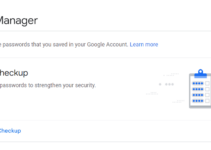Artificial intelligence (AI) has made remarkable progress in recent years, raising questions about the future of various professions. One such profession is programming, which forms the backbone of the digital world.
With the emergence of ChatGPT, a language model capable of generating human-like text, there is a growing curiosity about whether ChatGPT can replace programmers altogether.
In this comprehensive blog post, we will delve into the possibilities and limitations of ChatGPT in relation to programming.
Understanding ChatGPT
ChatGPT is a state-of-the-art language model developed by OpenAI, based on the GPT-3 architecture. Trained on vast amounts of text data, it has the ability to generate responses that mimic human conversation.
The model can understand and respond to a wide range of prompts, making it useful for tasks such as answering questions, providing explanations, and engaging in dialogue.
Moreover, ChatGPT can even generate code snippets, making it potentially useful in assisting with programming-related tasks.
Automation and Job Transformation
While ChatGPT may not replace programmers entirely, it does have the potential to automate certain repetitive and time-consuming tasks.
This automation can lead to increased productivity and efficiency within the programming workflow. For example, ChatGPT can generate boilerplate code, perform code refactoring, or automate documentation processes.
This enables programmers to focus their energy on more complex and innovative aspects of their work.
Rather than taking away jobs, the automation provided by ChatGPT and similar technologies can lead to job transformation.
Programmers can leverage AI tools to augment their capabilities and streamline their workflow. This can result in greater productivity and the ability to tackle more challenging projects.
It is important for programmers to adapt and embrace new technologies, acquiring the skills needed to leverage AI tools effectively.
Embracing Collaboration and Creativity
The future of programming lies in collaboration between programmers and AI models like ChatGPT. By leveraging the strengths of both humans and machines, programmers can enhance their productivity and efficiency.
ChatGPT can assist in generating ideas, providing suggestions, and automating repetitive tasks. However, it is crucial to maintain human oversight, critically evaluate the suggestions provided by ChatGPT, and ensure the final code meets the desired objectives.
Moreover, the creative and problem-solving aspects of programming cannot be replicated by AI models alone.
The ability to think critically, understand user requirements, and design innovative solutions will remain essential for programmers.
Collaboration between programmers and AI tools can amplify their capabilities, resulting in more efficient and impactful software development.
Exploring the Possibilities

1. Assistance and Code Generation
One potential application of ChatGPT is assisting programmers by providing suggestions, examples, and explanations for code-related queries.
Programmers can interact with the model to seek guidance or clarification on specific programming concepts.
ChatGPT’s ability to generate code snippets based on user input can be beneficial for certain programming tasks, especially in cases where a programmer needs a starting point or wants to explore different approaches.
2. Rapid Prototyping and Idea Generation
ChatGPT can aid in the rapid prototyping phase by generating ideas, pseudocode, or basic code structures.
Programmers can use the model to brainstorm and explore different approaches to problem-solving. By providing a conversational interface, ChatGPT can facilitate idea generation and help programmers think creatively about their projects.
3. Learning and Skill Enhancement
Another promising aspect of ChatGPT is its potential as a learning tool for programmers. The model can provide insights, explanations, and personalized recommendations for learning resources.
It can assist programmers in mastering programming languages and frameworks, keeping them updated with the latest trends, and offering guidance on best practices.
The Future of ChatGPT and Programming

Collaboration between ChatGPT and Programmers
The future of programming lies in a collaborative approach, where ChatGPT serves as a powerful tool to augment programmers’ capabilities rather than replacing them entirely.
By leveraging the assistance of ChatGPT, programmers can streamline their workflow, enhance productivity, and tackle complex programming challenges more efficiently.
Human programmers bring unique creativity, critical thinking, and problem-solving skills to the table. ChatGPT can assist in automating repetitive or mundane tasks, allowing programmers to focus on more complex and innovative aspects of their work.
By collaborating with ChatGPT, programmers can improve their productivity and efficiency, while still retaining their essential role in the development process.
Ethical and Responsible Use of ChatGPT
As with any AI technology, it is crucial to use ChatGPT ethically and responsibly. The generated responses from ChatGPT should be scrutinized, validated, and verified by human programmers.
Transparency in AI-generated content is essential, and users should be aware that ChatGPT’s responses are based on the data it has been trained on.
It is important to address potential biases, ensure fairness in the output, and continuously strive to improve the model’s performance.
Advancements in ChatGPT and Programming
The field of AI is constantly evolving, and future iterations of language models like ChatGPT may continue to improve their capabilities and understanding of programming concepts.
Ongoing research and development efforts aim to enhance the contextual understanding and accuracy of these models.
As the technology progresses, ChatGPT may become more proficient in generating code and providing tailored assistance to programmers.
Quick Links
- ChatGPT Issues?
- How To Use ChatGPT For Amazon Sellers?
- Alternatives to ChatGPT
- Best ChatGPT Chrome Extensions
- How to Use ChatGPT to Write Essays That Impress?
Conclusion: Can ChatGPT Replace Programmers 2024?
While ChatGPT exhibits impressive language generation capabilities and can assist programmers in various ways, it cannot replace the creativity, critical thinking, and problem-solving skills that programmers bring to the table.
The collaboration between ChatGPT and programmers holds great potential for improving productivity, idea generation, and learning.
However, it is essential to be aware of the limitations and challenges posed by ChatGPT, such as its lack of contextual understanding and the need for human oversight.
By harnessing the power of AI and combining it with human expertise, the future of programming can be shaped in a way that maximizes efficiency, innovation, and ethical considerations.
As technology advances, it is crucial to embrace AI as a supportive tool rather than a complete replacement for programmers, fostering a collaborative environment that leverages the strengths of both humans and machines.


